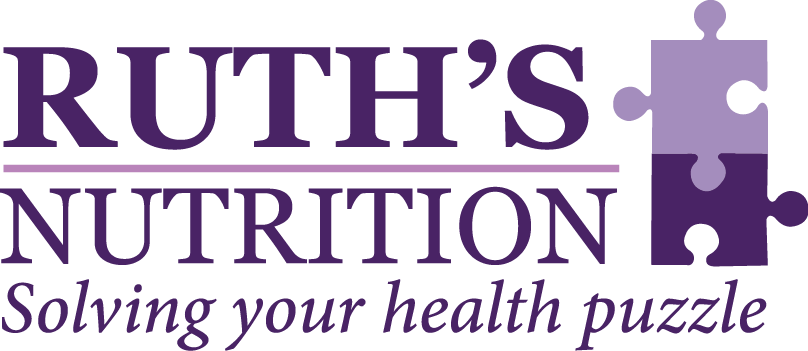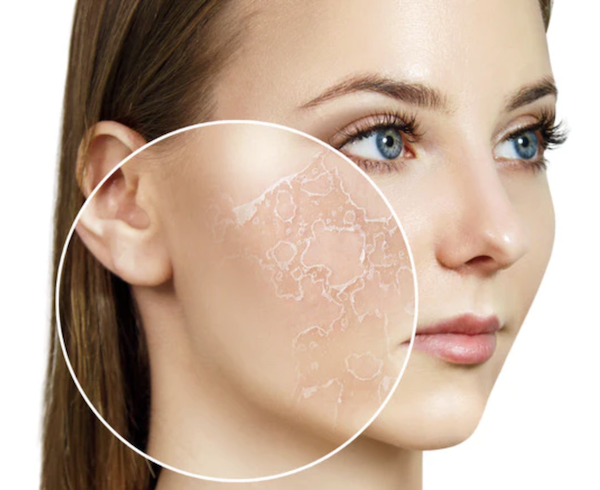Smart choices to help lighten winter blues
 As if things were already crazy enough with COVID-19, colds, flu, and isolation in the air, winter also is the season of SAD Syndrome, more commonly known as the winter blues.
As if things were already crazy enough with COVID-19, colds, flu, and isolation in the air, winter also is the season of SAD Syndrome, more commonly known as the winter blues.
Because this season has shorter days, all of us are exposed to less sunlight. That affects our circadian rhythms, and our production of both serotonin and melatonin. For some of us, that means depression, more irritability, lethargy, apathy, changes in sleep patterns, and/or changes in eating patterns and weight. For whatever reason, SAD syndrome affects more women than men, but men can have worse symptoms.
The good news is there is a lot available to mitigate those symptoms. Obviously, if depression is severe you should contact your doctor. But if symptoms are mild, you might try some at-home remedies first.
Exercise
Hands down all research says exercise can improve mood and adjust your circadian clock, especially if you do it outside. Research shows that even a 15-minute walk at mid-day can increase neurotransmitters (serotonin, dopamine, norepinephrine) that help energize the brain and reset your clock.
That said if you can exercise earlier in the day – within two hours of waking up – it will be even more beneficial.
Let there be light
Since limited sunlight is a cause of the problem, increasing light helps right the problem. If at all possible, get some sunlight shortly after waking. You might try drinking your coffee outside, if it’s warm enough. Get outside during the day, too, whenever possible.
You could also try light therapy. You can buy a light therapy box or even lights that attach to caps to get the equivalent of morning sun. Use for 30 minutes (up to two hours) daily in the morning.
Another method using light that helps is to get a dawn simulator or wake-up light. These can be set like an alarm clock and will slowing increase the light in your bedroom to help you wake up more naturally. Again, it helps reset your circadian rhythm and improve your mood.
Supplements
Vitamin D – Those low in vitamin D are more susceptible to depression, and it’s easy for levels to get low in times of less sunlight. Get your levels checked by your doctor, then supplement if warranted.
Omega 3 oils – Studies show omega-3 oils improve depression, possibly by improving the functioning of cells in the brain and blood.
Melatonin – If you are having trouble sleeping, supplementing with melatonin may help reset your circadian rhythm and sleep more soundly.
Tryptophan – The effectiveness of light therapy can be enhanced by also taking an L-tryptophan supplement, an amino acid that is converted to serotonin by the body. Studies show L-tryptophan an effective therapy for some forms of depression.
B vitamins – These have long been associated with improving the nervous system overall, and may be helpful.
REFERENCES




